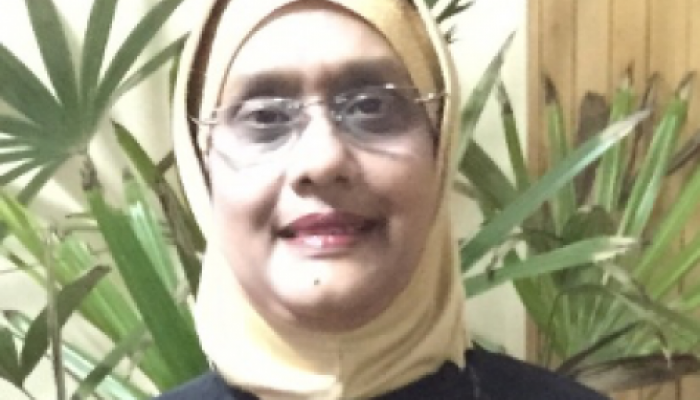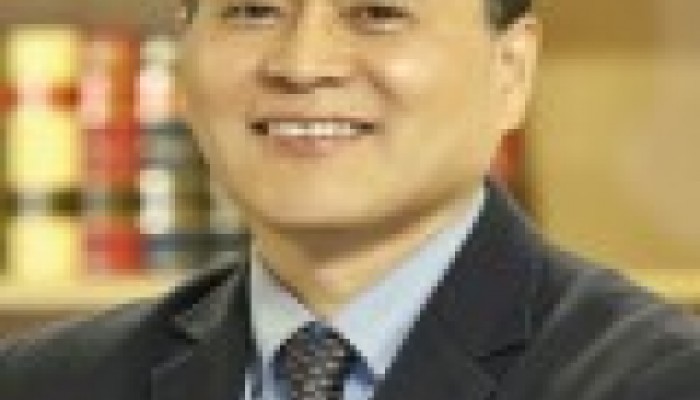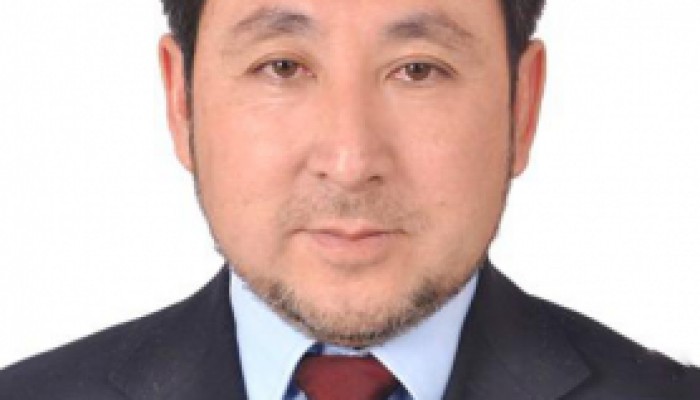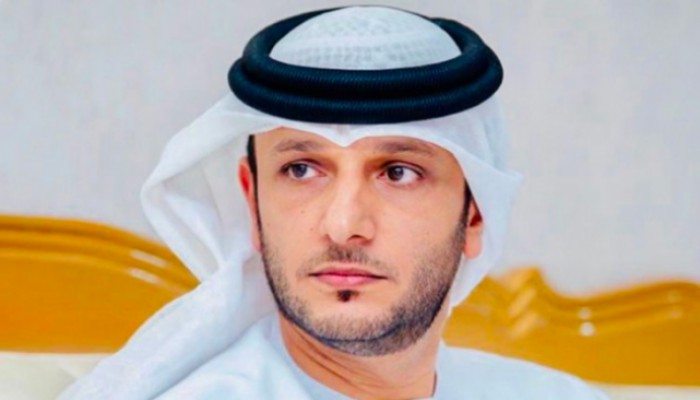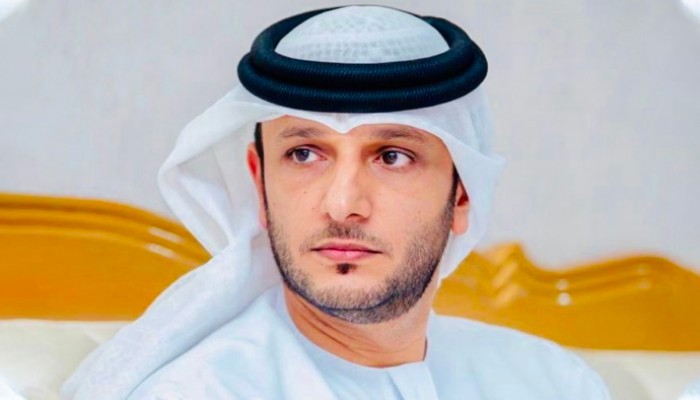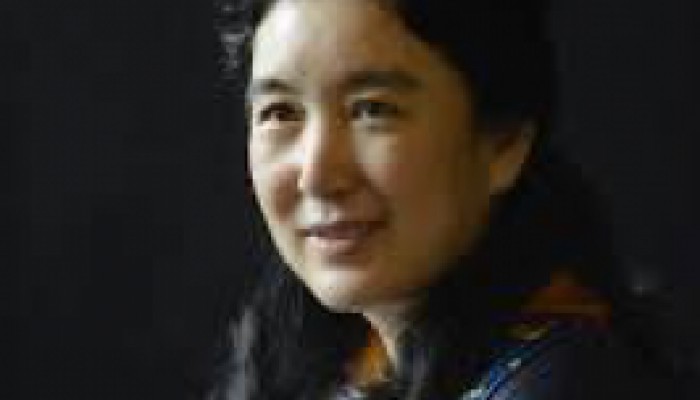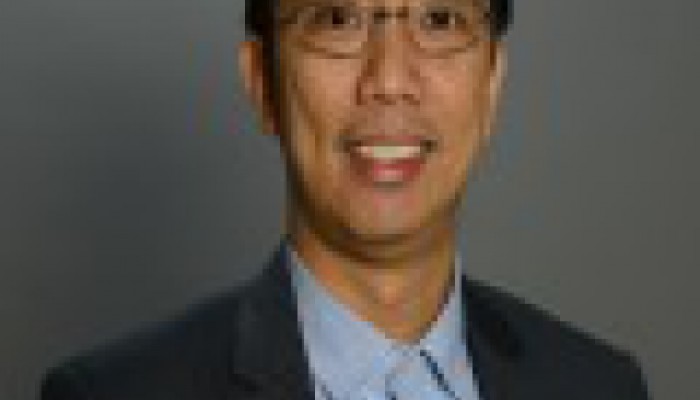
Mindanao Muslims of Philippines
- 2019-Sep-12
The newly created Bangsamoro Autonomous Region of Muslim Mindanao, or BARMM, is the manifestation of the decades of struggle of the Moro people; with its inception, there is need to rehabilitate conflict-torn communities.
In the context of the BARMM, there are two transitions that will be made. The first, that of political transition, has started with the appointment of the members Bangsamoro Transition Authority. As both an implementing and legislative body, the BTA will be responsible for the foundation of government in the region.
The second track is in the normalization of the Bangsamoro. This includes the decommission of firearms, the rehabilitation of former combatants and conflict-ridden communities, and the establishment of programs for the welfare of the community.
The Al Qalam Institute for Islamic Identities and Dialogue in Southeast Asia of the Ateneo de Davao University aims to understand Islam, the Moro-Muslims of Mindanao, and to facilitate inter-and-intrareligious dialogue and understanding within the Philippines and in the ASEAN region.
The Al Qalam Institute, in partnership with the faculty members of the AB Islamic Studies Department and religious leaders of partner Islamic Centers in Davao City, facilitated various Formation Programs for the Muslim students of the university.
With the aim of mainstreaming the Mindanao history, Al Qalam together with Forum ZFD convened stakeholders to address the matter through a Conversation on Integration of Mindanao History in the Philippine Educational System. at the Pakiginabi Room, Community Center, Ateneo de Davao University on August 7-8, 2018. It was attended by historians, experts, academicians, agency representatives and advocates to gather and converse on integration as it is being done in the status quo. They also discussed how it can be institutionalized through DepEd and CHED.
Moro and indigenous writers will be empowered to write their own narratives and traditions. As a result of the dialogue, a TWG on Mindanao History Integration was established and has been undergoing several learning sessions and meetings. This serves as a platform that creates spaces and enables multi-stakeholder initiatives to include Mindanao history with the Philippine educational system.
Another work we do in Al Qalam was the Salaam National Conference with School Administrators and Faculty Members from more than twenty (20) Higher Education Institutions (HEIs) and State Colleges and Universities (SUCs) last May 24, 2019 at Ateneo de Davao University. This was done to discuss how academic institutions can integrate Peace Education in Tertiary Education during the Salaam National Conference (SNC) 2019. One of its highlights is the launching of Salaam: Spirituality of Service Peace Education Module developed by the Technical Working Group (TWG) on PCVE of the institute.
CHED released on April 2, 2019 its Memorandum Order No. 1 – Integration of Peace Studies/Education in relevant Higher Education Curricula. It states that all public and private tertiary education institutions are enjoined to integrate Peace Education to existing subjects or offer it as an elective subject. Several schools such as Notre Dame University and Miriam College are offering Peace Education as a subject. Most of these programs are only offered to students of Teacher Education Programs as mandated of Executive Order 570 s. 2006 signed by Former President Gloria Macapagal Arroyo. Last School Year 2018-2019 was the pioneering year for the Mindanao State University (MSU) System to offer Fundamentals of Peace Education (FPE) 101 as a mandatory subject for all undergraduate programs.
Offering such as a subject or course will require a lot of preparation for schools such as curriculum development, teacher training and others. As a result, for schools to comply with the CMO, they would prefer to start with integration of Peace Education in their existing subjects. Assisting the schools in this process of integration is the aim of the development of the Salaam: Spirituality of Service Peace Education Module launched during the conference.
When we first started the Al Qalam Institute in 2011, we envisioned a center that would be a haven for people of different identities, faiths, and backgrounds to come together on issues that matter to society. It was Marshall McLuhan that coined the phrase “the medium is the message.” We become what we say and do, frequently. We also become who we surround ourselves with the most. I am proud to say that, within and outside the Institute, we take part in communities that are rich in diversity, culture, and tradition.
The Al Qalam Institute has forged new paths in the areas of formation, instruction, research and dialogue within and outside the Atenean community. From an Institute that sought to understand Islam, the Moro-Muslims of Mindanao, and to facilitate inter-and-intrareligious dialogue and understanding within the Philippines and in the ASEAN region, we have now grown to include our Bitiala sessions (a Maguindanaoan word meaning dialogue), our youth empowerment programs (through the University’s Salaam Movement) economic empowerment (through Islamic finance), and socio-political engagement.
With that, we have become part of something much larger than ourselves. Through hard work (and a little bit of good fortune) we have been part of the peace process; the Bangsamoro Basic Law and its journey to becoming an actual law, to the Bangsamoro Transition Authority and the legislative agenda that is to come before us.
Now, as a member of the Bangsamoro Parliament, I am doubly committed to the cause of peace in our lifetimes. The Al Qalam Institute is but one of the institutes within the university that caters the needs of Ateneo and its outside communities, and we hope that these milestones from our Institute will serve as a steppingstone.
by: Datu Mussolini Sinsuat Lidasan
Member of the Bangsamoro Parliament and Excitative Director Al Qalam Institute, the Ateneo de Davao University.
